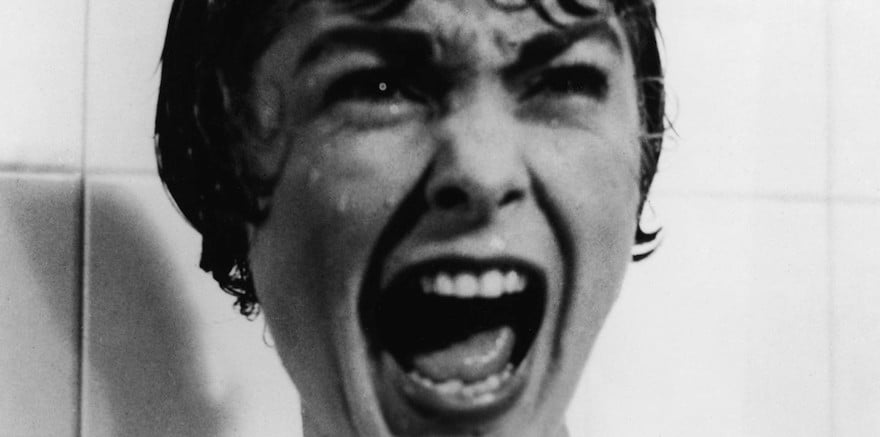The Halloween season is one of my favorite times of the year. I love the decorations, the costumes, and the fact that you can wander around your neighborhood and get bags of free candy. But more than that, I love the scares that Halloween brings. Whether it’s sitting on the edge of your seat watching a horror flick, or holding a loved one close as your round the corner of a pitch black maze in the middle of a corn field, that sense of fear and terror has always gotten my heart racing.
On the other hand, my wife does not appreciate Halloween for the same reasons as myself. I’ve been in trouble with her for more times than I can count for popping out from around a corner, and I’ll definitely never live down when I took her to see The Conjuring, neglecting to tell her exactly what the film was about.
But, this did get me thinking. Why do I seek out opportunities to be scared, when others stay as far away as possible?
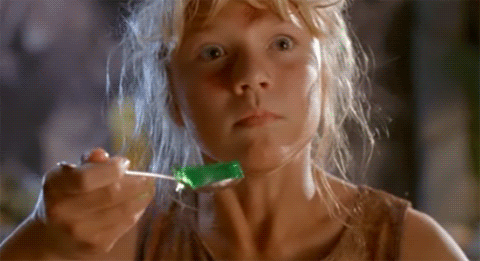
According to Frank Farley, PhD, those with thrill-seeking personality types typically approach anything deemed to be hair-raising. Within these people, fear (and overcoming fear) creates a sense of conquering and gratification, both physically and mentally. They enjoy the feeling that they’ve “made it through” what many would deem as threatening. And while a thrill-seeker typically consists of individuals willing to throw themselves out of a plane or hop on the biggest roller coaster you can find, this group also consists of those with less social inhibitions, or those with a drive or passion in their careers. Having a personality that is willing to take risks in any aspect of your life is often reflected in the way in which you deal with fear, and the appreciation of it.
Interestingly enough, there is a portion of more conservative people that also do enjoy a good scare, with some limitations. Halloween is a great time of year for this group, as they want to be scared “in an enjoyable and safe way”, and because of their “safer” personality types, the rush for them comes from treating this experience as something commonly forbidden in their lives. This is often present in children, who enjoy the thrill of the scare but once a year.
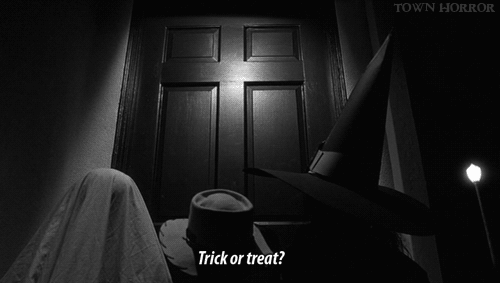
Another personality type that affects fear, and is also prominent in most children, are the ultra-creative types. These individuals often let their minds wander, and contain incredibly overactive imaginations. As soon as the lights go out, your brain dreams up terrifying situations of what is hiding in the dark, predisposing you to avoid frightful scenarios when you can.
Outside of personality, there are some other elements that play crucial roles in your enjoyment of scares, the strongest of which are social factors and gender.
Social factors are more common for groups of people engaging in fear together, or discussing shared experiences. For many of people, peer pressure is what engages them to take the first step into a haunted house with their friends. In the moment, it is a horrible experience, but once finished, you’re left only with the memory of a group experience, leaving your mind at ease. For many, seeing certain horror films is a rite of passage — a classic film such as Psycho might been kept from you until you reached a certain age, so anticipation and curiosity allows you to overcome the fear you’ll be experiencing.
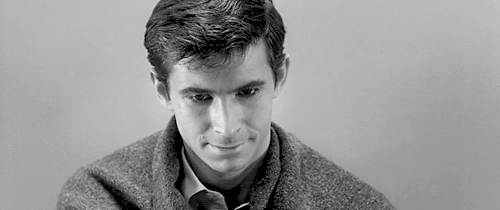
Gender also plays a role in how you engage with fear. A common stereotype is that men have less fear than women, but in many cases, there’s a physiological reason behind that. Women typically produce more of a hormone called Oxytocin, which increase their aptitude for loving others. However, while increasing the ability to love, Oxytocin equally increases the ability to feel fear. It creates more vulnerability within the person, of which love and fear are on the opposites ends of a spectrum of safety. The level of Oxytocin increases after childbirth, which explains why many women struggling with horror movies, or things that are particularly gory, once they have children.
Still, while some attempt to stay away from it, studies show that some fear can be positive. Knowing how your body and mind react in a contained environment can help you to stand your ground should you ever encounter a legitimately dangerous situation. Stress is also commonly produced by fears, so understanding and coping with fear can help to alleviate some level of stress within your body.
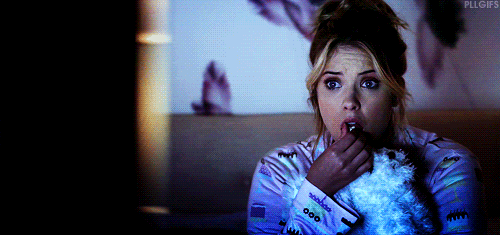
So, as the Halloween season is in full swing, don’t be afraid — pun intended — to give yourself a scare. Watch a horror flick! Take your friends to a haunted house! You might find you actually enjoy it.
Interested in discovering how your personality deals with fear? Take our Daredevil assessment! For more about personality, visit traitify.com.
